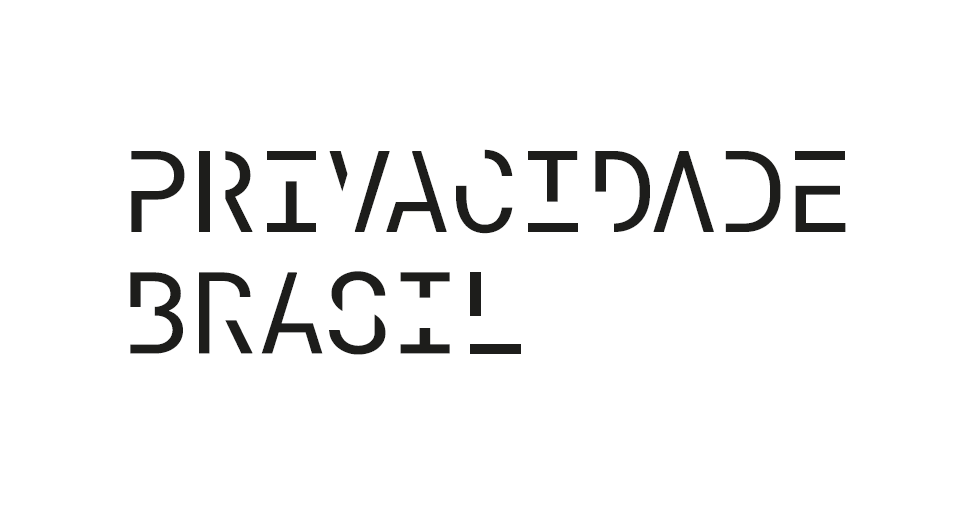
Privacidade Brasil: InternetLab’s partner project approaches contemporary questions about privacy
The use that companies and the government make of personal information is at the center of several of our daily debates: personal information is one of the main components when it comes to new products, services, and public policies, making the discussions about privacy, data protection, and its boundaries more and more relevant. Believing to be crucial for the strengthening of citizenship that new technologies are implemented alongside with the proper consideration of its impacts, the Privacidade Brasil (Privacy Brazil) project was conceived.
The Privacidade Brasil project is hosted within InternetLab’s research center structure, in São Paulo, as a partner, with its own team, goals, and activities.

The research lines currently encompassed by Privacidade Brasil are:
(i) Identity record: Civil Identity Policies have changed over the years. In the public sector, the Law 9454/1997 has brought to light the RIC (Registro de Identificação Civil, Civil Identification Record), which aimed the unification of civil registration through a single system throughout the whole country — a project not concluded until today. In May 2015, emerges the Bill 1775, which aims to implement the Registro Civil Nacional (National Civil Registry): it includes biometrics and a centralized management of personal data that today are divided among government bodies. The Bill also points the possibility of agreements with public and private partners. These points require reflections on the effects of such policy for privacy and data protection.
(ii) Privacy and healthcare: there are many advantages to the use of information and communications technology in health, as it increases data mobility, promotes information exchange between professionals from different areas and also facilitates an approximation between doctors and patients. Besides its benefits, health technology can present risks to the patient’s privacy and data protection.
The health project will analyze and follow the main public policies in health and technology, like DATASUS.
(iii) Privacy and Applications: Internet services and applications often use documents like Terms of Use and Privacy Policies to give their users information about the usage of their personal data. This line of the project will do an analysis and evaluation of these documents and service practices and apps chosen among the most popular and representative, considering the personal data collected, the use that is made of them, the transparency of these facts to the user and the degree of control that is given to the citizen about their preferences about the use of their data.